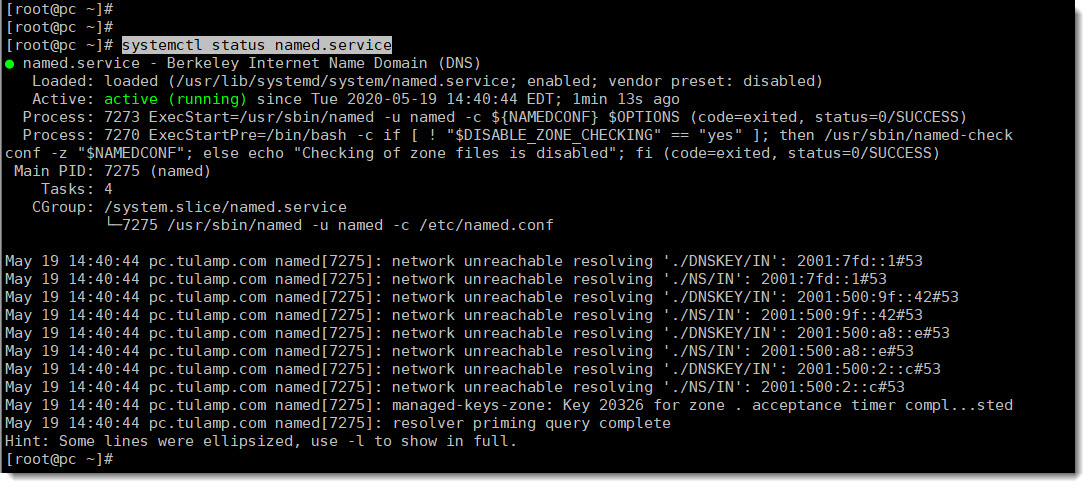

- Python launch shell on boot uxterm install#
- Python launch shell on boot uxterm upgrade#
- Python launch shell on boot uxterm code#
Subprocess installed post-installation script returned error exit status 1 usr/bin/sa-compile requires re2c for proper operation.ĭpkg: error processing package sa-compile (-configure): Re2c: relocation error: re2c: symbol _ZTTNSt7_cxx1119basic_ostringstreamIcSt11char_traitsIcESaIcEEE, version GLIBCXX_3.4.21 not defined in file libstdc++.so.6 with link time reference Running sa-compile (may take a long time) Package libclutter-imcontext-0.1-bin is not configured yet.ĭpkg: error processing package ibus-clutter:amd64 (-configure):ĭependency problems - leaving unconfigured Ibus-clutter:amd64 depends on libclutter-imcontext-0.1-bin however: Subprocess installed post-installation script returned error exit status 127ĭpkg: dependency problems prevent configuration of ibus-clutter:amd64: usr/bin/clutter-scan-immodules: relocation error: /usr/lib/x86_64-linux-gnu/libboost_system.so.1.58.0: symbol _ZNSt7_cxx1112basic_stringIcSt11char_traitsIcESaIcEED1Ev, version GLIBCXX_3.4.21 not defined in file libstdc++.so.6 with link time referenceĭpkg: error processing package libclutter-imcontext-0.1-bin (-configure): failed-apt-upgrade-after-reboot.txt", ends with: I logged into tty1 and tried again 'sudo apt upgrade'.
Python launch shell on boot uxterm code#
However, I was about to discover that the last logged error is malignant:Įrrors were encountered while processing:Į: Sub-process /usr/bin/dpkg returned an error code (1) At that point I thought everything went well and just copied the errors/warnings into "1. After discovering that neither 'update-manager -d' nor 'sudo do-release-upgrade -d' would propose me to update, I replaced all "belenos" in /etc/apt/sources.list with "flidas" ('sudo sed -i s/belenos/flidas/' /etc/apt/sources.list) and: I first disabled the external repositories (e.g., jxself's since I use the latest Linux-libre).
Python launch shell on boot uxterm upgrade#
I tried to upgrade my older laptop (which is taking dust) from Trisquel 7 to Trisquel 8. The more testing that is done in advance, the better the upgrade process can be. Regardless, identify cases where things break the upgrade process and report those as bugs on the tracker. Try installing from the netinstall and installing packages and then upgrading. It is important to try over and over and over again with lots of different package combinations to look for breakage, not just upgrading from the defaults because not everyone uses the defaults. You may need to adjust that name to qemu-system-i386 if you are running the 32-bit version.Īnyway, the next step would be to try upgrading to Trisquel 8. #6: Boot the system: qemu-system-x86_64 -hda trisquel.qcow2 -enable-kvm In this way you can leave trisquel-master.qcow2 untouched and use it as a snapshot to go back to (by copying it back to trisquel.qcow2 without having to spend the time reinstalling Trisquel. #5: Copy trisquel-master.qcow2 to trisquel.qcow2.
Python launch shell on boot uxterm install#
#4: Install Trisquel into the virtual machine. Note that you may need to adjust the qemu system name to qemu-system-i386 if you want to install the 32-bit version of Trisquel, and you will probably also need to adjust the name of the ISO. Qemu-system-x86_64 -hda trisquel-master.qcow2 -cdrom trisquel_7.0_amd64.iso -boot d -enable-kvm #3: Install Trisquel into the master disk image: The qcow2 format only uses as much space as what is actually occupied inside the disk, which will be nothing at first. You can, of course, set whatever size to whatever you want. #2: Make an empty disk image: qemu-img create -f qcow2 trisquel-master.qcow2 22G It can even be done inside a virtual machine so that you don't have to mess with your existing system. This is something that anyone can do and report problems in the bug tracker.

One of the things that came from the development meeting on December 8 is the need to test the upgrade process.


 0 kommentar(er)
0 kommentar(er)
